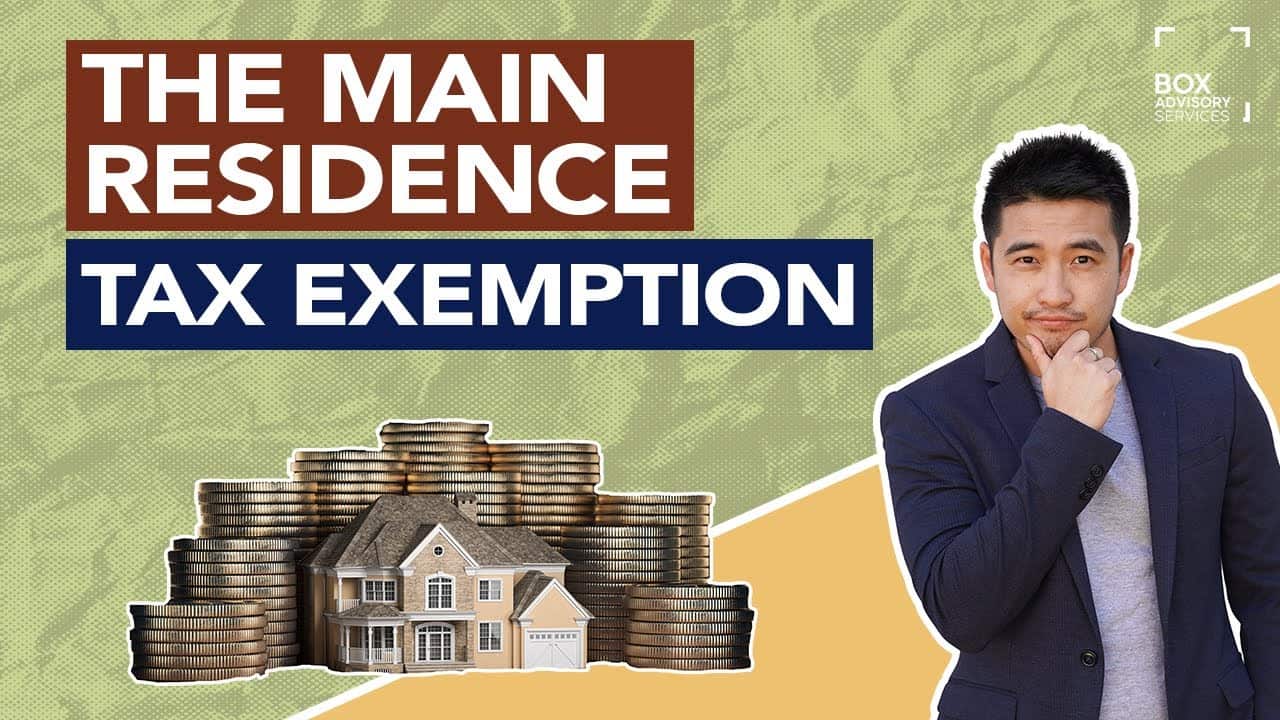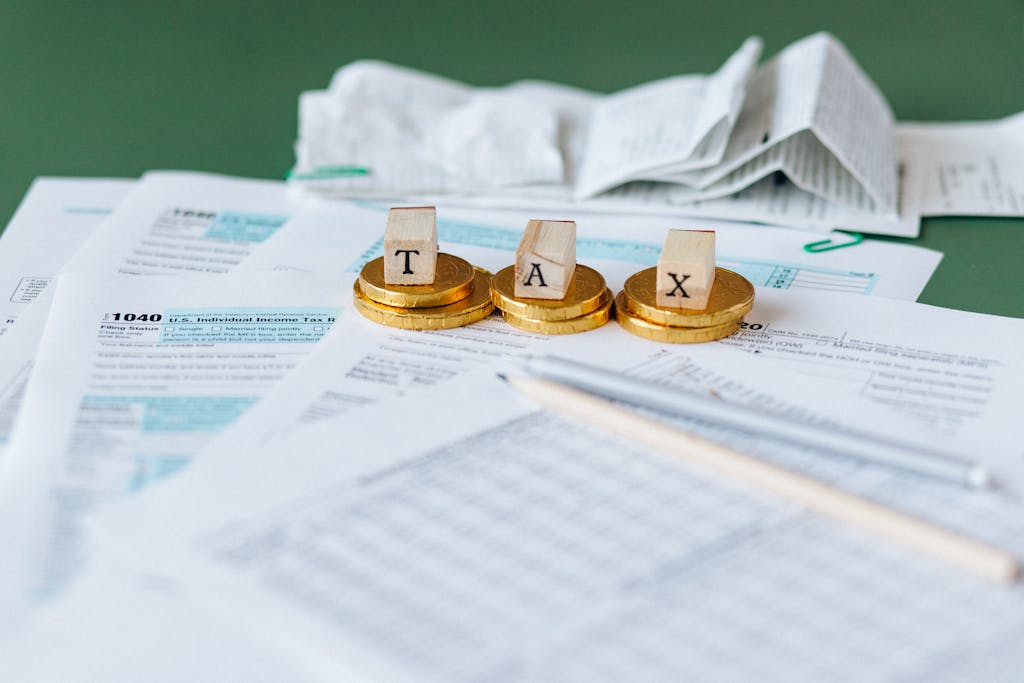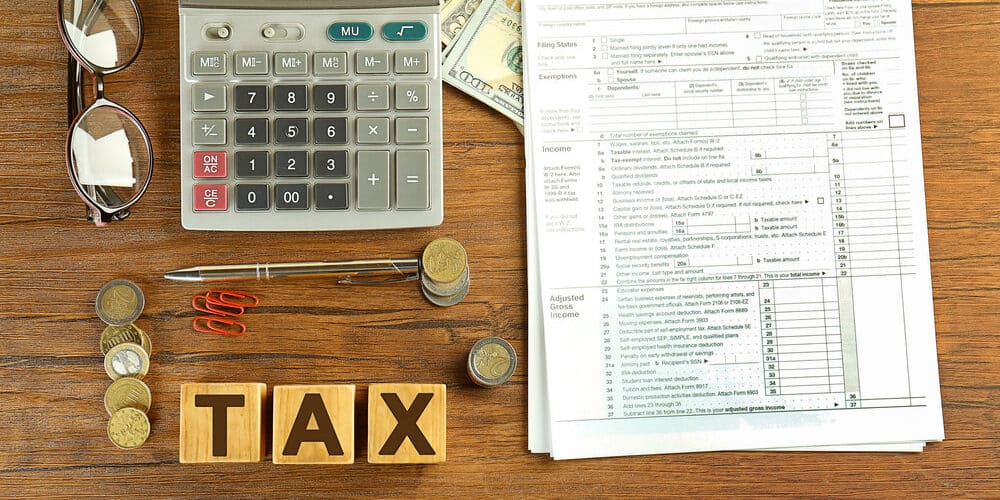
BY
|
7 Scenarios That Affect Your Main Residence CGT Exemption
If you own property and use it as your main residence then generally you are eligible for the main residence CGT exemption when you sell the property.
What is CGT?
CGT is an acronym for Capital Gains Tax which refers to a form of tax that is applied at the time an asset is sold or disposed of.
Now, what if you live in a different home to your spouse or children?
What if your home produces rental income?
What if you are a foreign resident but own property in Australia?
There are so many variables that can impact whether or not you are still eligible for this exemption.
In this article, we’ll explain to you how each situation is defined for CGT purposes to help you figure out the best way to plan moving forward.
1. Main Residence CGT Exemption
First and foremost, let’s understand exactly what your main residence (or dwelling) entails according to the Australian Taxation Office (ATO).
To gain exemption, the property must have a dwelling on it and you must have lived in it.
Therefore, if it is a vacant block, then you are not entitled to the exemption!
A dwelling is considered to be your main residence if:
- You and your family live in it
- Your personal belongings are in the property
- Your mail is delivered to this address
- This is the address on the electoral roll
- Your utilities such as gas, electricity and gas are connected under your name to this address
These criteria are not assessed on one particular factor, and the weighting towards each factor is not equal. It’s assessed on each individual basis along with the amount of time you have lived there and whether your intention to occupying it may also be a factor.
2. Moving Between Homes and Main Residence CGT Exemption
If you have acquired a new home but have yet to sell/dispose of your previous property, you can treat both dwellings as your maintenance for a maximum of six months if:
- Your previous home was your main residence for a continuous period of a minimum of 3 months in the 12 months prior to disposing of it
- No assessable income (such as rental income) was produced in any of the 12 months when it was not your main residence
- The new dwelling is now your main residence
What If It Takes Longer Than Six Months To Sell My Old Home?
If it takes longer than 6 months to settle the sale of your old home, you may gain an exemption for the old home for the period in excess of the 6 months by nominating it as your main residence.
However, if you do this, you will only gain a partial exemption when you sell/dispose of your new home.
Conversely, you may nominate your new home as your main residence to claim for the CGT exemption, both homes are exempt only for the final 6 months before you sell the old home.
Therefore, your old home will only be partially exempt from CGT.
You might also be interested in our Essential Tax Guide on Property Investing
3. Treating Your Home as Your Main Residence After Moving Out
For CGT purposes, you may still treat your property as your main residence even though you are no longer living in it. However, you can only do so for:
- A maximum of 6 years if it used to produce income
- An indefinite length of time if it is not used to produce income,
- And you cannot have any other dwelling nominated as your main residence during that period (with the exception of moving houses as explained in point #2)
For more information, visit this ATO webpage.
4. My Spouse and/or Children Live In a Different Home. How Do We Claim For The Main Residence CGT Exemption?
If you and your spouse and/or dependent children live in different homes for a period, you must either choose one of the homes as your main residence for both of you for the period or nominate the two different homes as your main residences for that period.
If you nominated different homes for the period and own 50% or less of the home that has been nominated, you will qualify for an exemption for your portion of the home. If you own more than 50%, your share is exempt for half the period that you and your spouse have different homes.
5. My Home Produces Income. Am I Still Eligible For The Main Residence CGT Exemption?
If your home produces income, such as rental income or you have a home business, you are still generally exempt from capital gains tax (CGT) but you won’t get the full exemption. There are a couple more conditions that must be met:
- You acquired the property on or after 20 September 1985
- As you would be permitted a deduction for interest on your money borrowed to acquire the dwelling a.k.a the interest deductibility test (see below)
This is generally calculated based on the proportion of the floor area of the home that is set aside to produce income and the period used to produce income. This also includes the period the dwelling is potentially available for rent such as time between tenants.
For more information on how this is calculated, visit this ATO webpage.
The Interest Deductibility Test
The interest deductibility test applies irrespective of whether money was borrowed to acquire your dwelling or not.
If you rent out a portion of your home, you would be entitled to deduct part of the interest on the money you (potentially) borrowed to acquire the dwelling.
However, if you run a business in part of your home, you would be entitled to deduct part of the interest on the money you (potentially) borrowed to acquire the dwelling if:
- A portion of the dwelling is exclusively used as a place of business and can be clearly identified
- A portion of your home is not readily adaptable for private use such as a doctor’s or dentist’s surgery
This would mean that if you used your home study to conduct work, you would not be entitled to deduct any interest expenses. However, you can still gain a full main residence CGT exemption.
If you have specifically used a portion of your home exclusively for your business, you will not be eligible for a CGT exemption for that portion of the dwelling.
6. Building or Renovating a Home and Main Residence CGT Exemption
You can treat land as your main residence for up to 4 years if you:
- Have an ownership interest in the land
- Build or renovate a dwelling on the land, and
- Move into the dwelling as soon as practicable after the conclusion and you continue to reside in it as your main residence for a minimum of 3 months
7. Foreign Residents and Main Residence CGT Exemption
At the time of writing (September 2019), foreign residents may no longer be able to claim the main residence CGT exemption. This is due to a change in the law pending the bill being passed through legislation.
In the 2017-18 Budget, the government announced that the main residence exemption will not be eligible for foreign resident vendors in the following circumstances:
- With property held before 7.30 pm (AEST) on 9 May 2017, exemptions can be claimed for disposals of property that occur up until 30 June 2019. Disposals after 1 July 2019 will not be entitled to the CGT exemption
- With property acquired at or after 7.30 pm (AEST) 9 May 2017, the exemption will not be eligible from that date
Key Takeaways
As you can see, there can be many situations that have to bear on your eligibility for the CGT exemption for your main residence.
While this article is not exhaustive, it provides you with a good guideline on what potential consequences there are depending on your situation.
The ATO website provides some great information that explains each situation with accompanying examples to help illustrate how the exemptions are calculated and judged.
This is an area that we heavily recommend you involve a tax professional to assist you to navigate. If you are in any doubt, you can simply book a FREE 45-minute initial consultation with one of our Chartered Accountants at Box Advisory Services.
Sign up to our monthly newsletter where we share exclusive small business and contractor advice!
Disclaimer:
Please note that every effort has been made to ensure that the information provided in this guide is accurate. You should note, however, that the information is intended as a guide only, providing an overview of general information available to contractors and small businesses. This guide is not intended to be an exhaustive source of information and should not be seen to constitute legal or tax advice. You should, where necessary, seek your own advice for any legal or tax issues raised in your business affairs.




